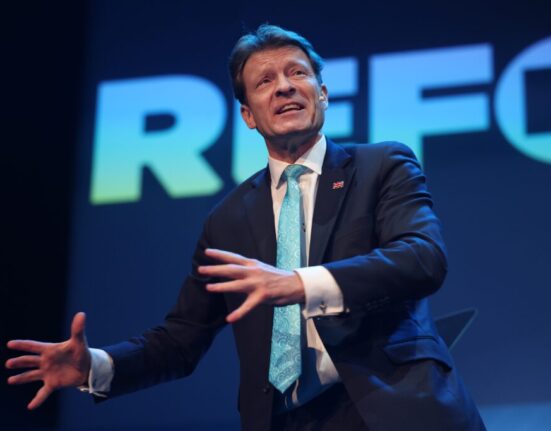People around the world are increasingly recognizing the impact of climate change on extreme weather events, leading to greater support for climate policies, according to a recent international study. The research, published in Nature Climate Change and conducted by a team of global experts, sheds light on the complex relationship between individuals’ beliefs about climate change and their backing for climate action.
The study revealed that public support for climate policies is closely tied to whether individuals attribute extreme weather events to climate change, rather than just experiencing the events themselves. The team collected data from 68 countries, combining natural and social science data to analyze participants’ experiences with floods, heatwaves, and tropical storms alongside their support for various climate policies.
Interestingly, the study found that individuals who attribute extreme weather events to climate change are more likely to support climate policies, regardless of the frequency of these events. This reciprocal relationship highlights the importance of public perceptions in shaping policy advocacy. The findings also indicated that support for specific climate policies varied across regions, with African and Asian countries showing higher levels of support compared to some European nations.
Moreover, the study uncovered demographic differences in policy support, with men, younger individuals, the highly educated, higher-income earners, religious individuals, and those with left-leaning political views more inclined to back climate policies. However, the link between extreme weather events and policy support was not consistent across all types of events.
While attribution to climate change significantly influenced policy support for heatwaves and cyclones, the study noted a weaker connection for heavy rainfall. This discrepancy could be attributed to a lack of media coverage linking heavy precipitation to climate change, potentially affecting public perceptions and policy attitudes in regions more exposed to such events.
The researchers emphasized the need for enhanced climate change communication, particularly regarding extreme weather events not commonly associated with climate change. They suggested that improving public awareness and understanding of these events could serve as pivotal “teachable moments” to garner broader support for climate policies.
In conclusion, the study underscores the critical role of public perception in shaping support for climate policies. By enhancing communication strategies and raising awareness about the link between extreme weather events and climate change, policymakers and advocates can foster greater public engagement and advocacy for sustainable climate action.









Leave feedback about this